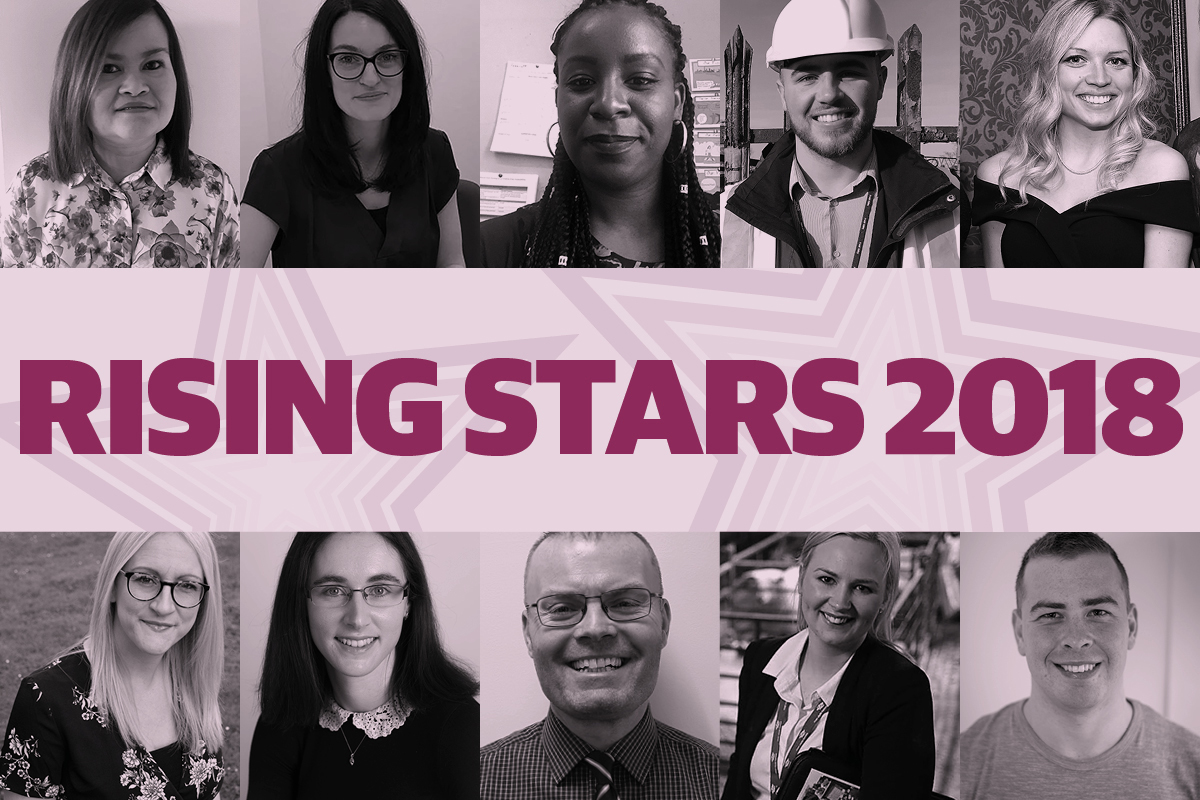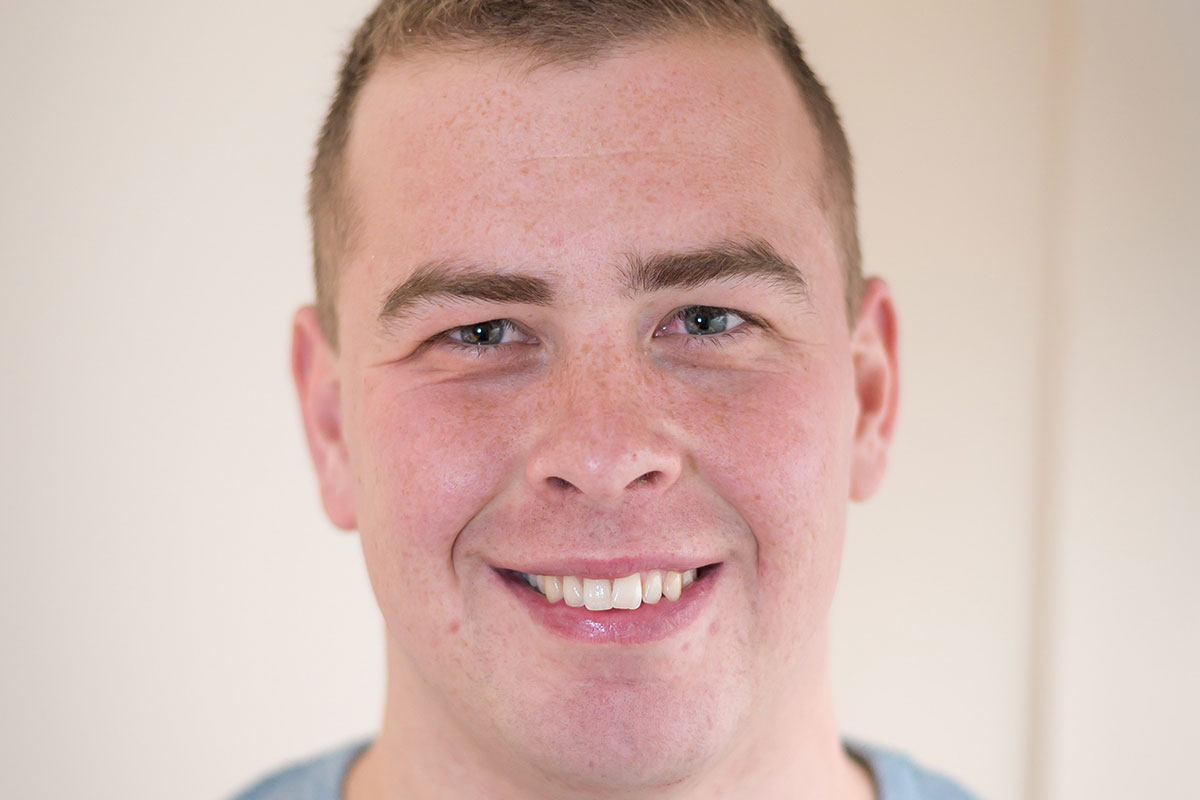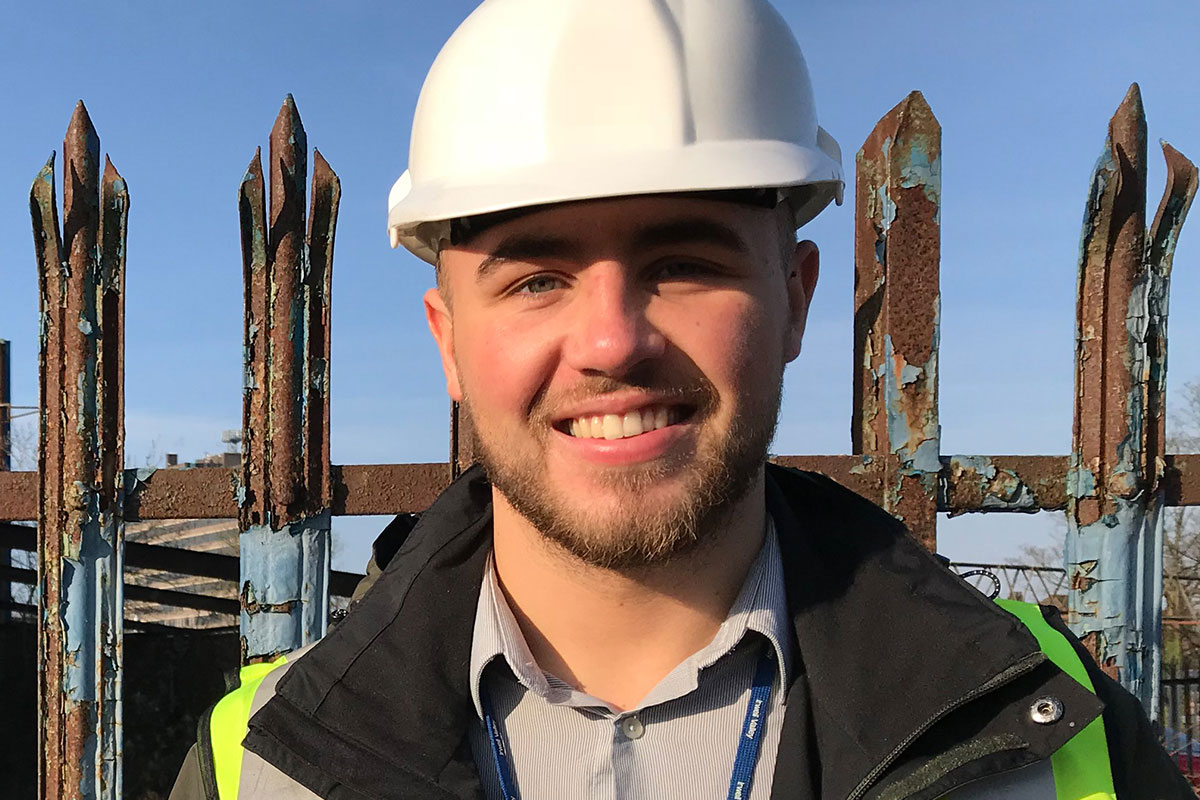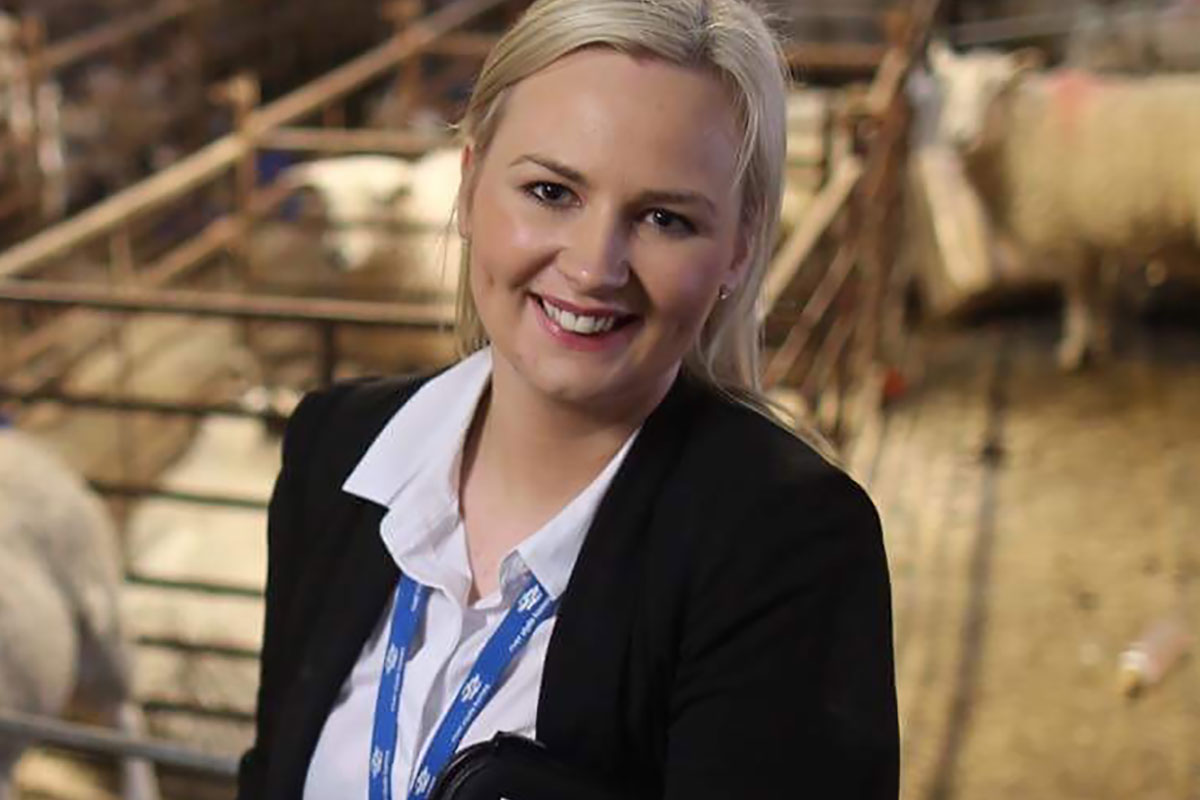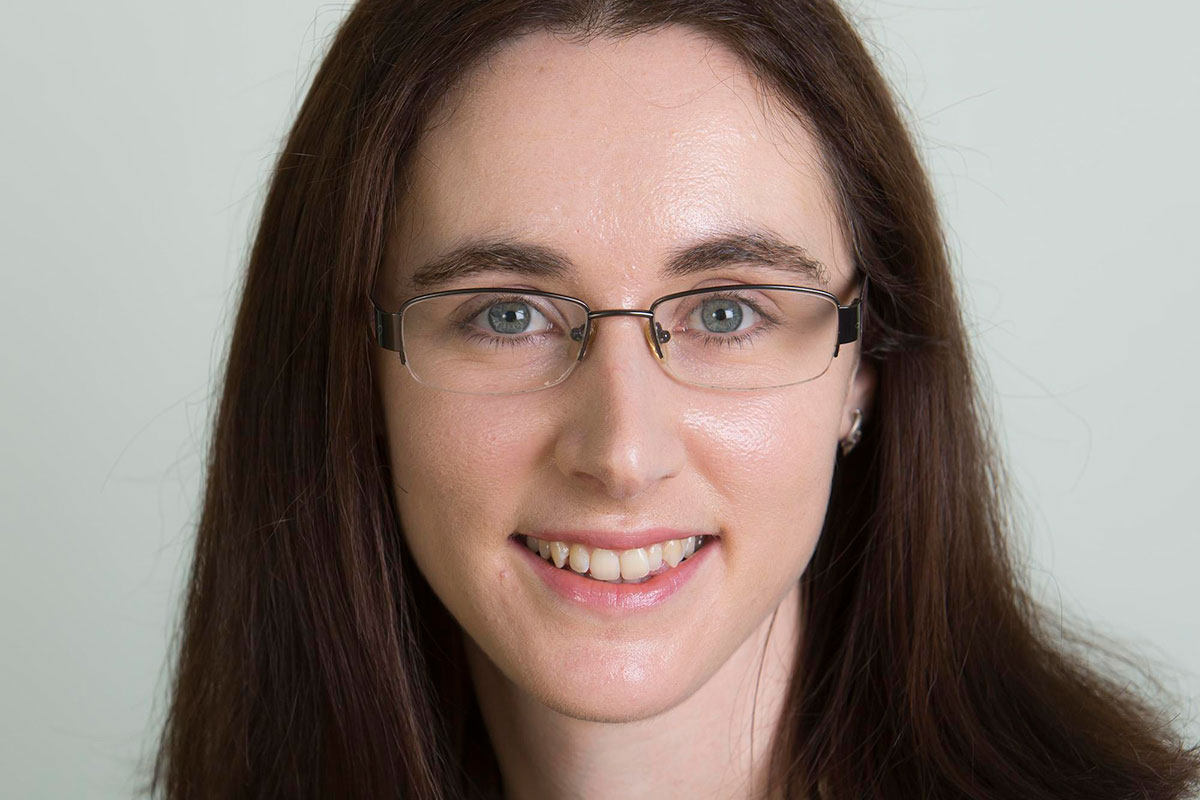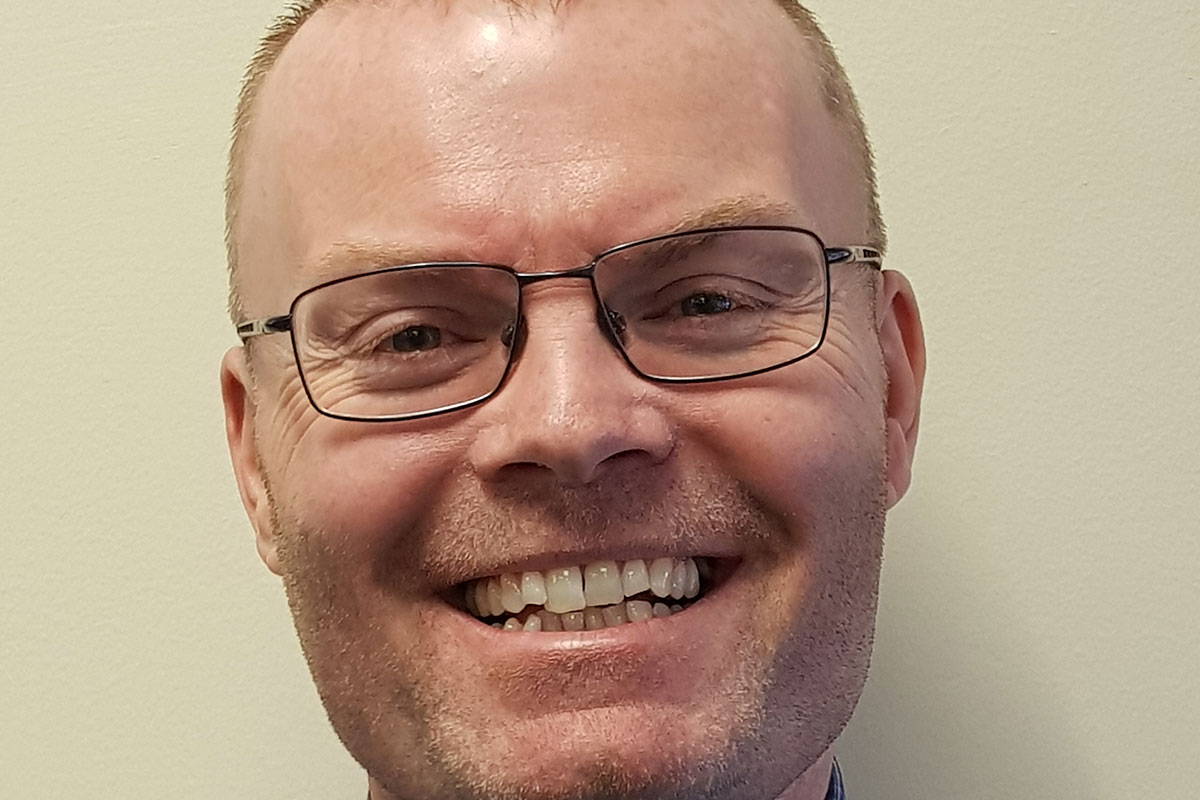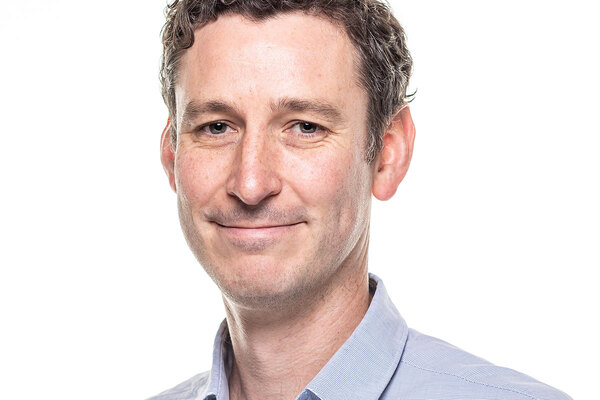Rising Stars 2018: the shortlist
There are 10 housing sector hopefuls in the running for Inside Housing’s and the Chartered Institute of Housing’s prestigious Rising Stars award. Read the candidates’ profiles and cast your vote here
Now in its eighth year, Inside Housing and the Chartered Institute of Housing have begun their annual search to find the latest Rising Star in the social housing sector.
After receiving an impressive selection of entries for 2018, we have shortlisted 10 candidates for this year’s award, and included a profile of each candidate below.
Each hopeful will then publish a blog on our website, before taking part in a Twitter chat hosted by Inside Housing.
After this, the shortlist will be whittled down to a final five after a public vote – voting is now open, scroll down to read the finalists’ profiles and register your vote by clicking on the links below or by filling in the form above. The deadline for voting is 18 May.
The final five will take part in a round table discussion with current sector leaders on the challenges and opportunities facing the housing sector, before the winner is announced at the Housing Heroes Awards on 25 June.
As well as the prestige that being a Rising Star brings, the winner will have the opportunity to guest edit an edition of Inside Housing and gain a year’s worth of mentoring from a sector lead.
Fill out my online form.
Eden Bailey, quality team manager, WM Housing Group
By her own admission, Eden “stumbled across a career in housing”. She was looking for a job closer to where she was living, and saw an opportunity to become a housing assistant at Cannock Chase Council. She applied, got the job, and quickly discovered she had an appetite for a sector in which she finds “no two days are ever the same”.
A promotion to estate management officer followed – dealing with anti-social behaviour, tenancy management and estate inspections – along with a chance to complete a degree in housing through Birmingham City University.
“One of the most rewarding aspects of working in housing is knowing I can make a difference to people’s lives.”
After a spell as neighbourhood housing manager for Midland Heart, Eden became operations manager for YMCA Coventry and Warwickshire before recently taking up her current post.
She says mentoring schemes have supported her rapid career progression, and is keen to ensure others can benefit from something similar. So Eden volunteers as a mentor within her own organisation and has ensured customer service advisors are able to shadow senior colleagues to get a sense of possible career avenues.
“One of the most rewarding aspects of working in housing is knowing that I can make a difference to people’s lives, dreams and aspirations,” she says.
Ross Edwards, placeshaping manager, Freebridge Community Housing
When Ross Edwards joined Freebridge Community Housing, he was a few days out of sixth form and taking up a role as an administrator in the property services team. Now, just over half a decade on, he’s described as “an integral part” of this Norfolk-based housing provider.
As placeshaping manager, he is said to have turned around Providence Street Placeshaping Community Centre – a community resource in King’s Lynn. It had been making a substantial loss but, under Ross’ leadership, is now reported to be a profit-making enterprise and a base for vital charities and services.
“There is more to creating a good place to live than a quality home.”
“When I came on board, the centre was in need of refurbishment and only had two regular service users,” remembers Ross. “As we stand today, the building has more than 45 regular service users, and provides support services, physical activities, social groups and community events.”
He is also credited with helping to reopen smaller community centres across the area, by leading on the construction of a new community garden, and forging relationships with local businesses.
“I believe there is more to creating a good place to live than a quality home,” explains Ross. “There also needs to be access to support and a social aspect to the area to make a home a great place to live.”
Monique Green, housing services manager, Yarrow Housing
When Monique Green considers the decisions she’s made during her life, she says the one to complete a positive action traineeship was among the very best. Created to help people from black and minority ethnic backgrounds gain employment in sectors in which they were underrepresented, the traineeship gave Monique her introduction to housing.
She worked as an assistant while studying part-time for a higher national certificate, and found the experience “cemented my commitment to housing; my passion for ensuring the sector is inclusive; and for nurturing talent”.
“My passion is renewed daily through witnessing the many positive outcomes the sector achieves.”
She’s since worked in supported housing and now leads a team delivering services to individuals with learning disabilities. Monique has also recently become a board member at homelessness charity Depaul UK – her ambition to gain a board role was, she says, ignited by witnessing a lack of diversity at that level.
“I’m proud to be part of a brilliant sector,” says Monique. “My passion and commitment are renewed daily through witnessing the many positive outcomes the sector achieves.
“What I love is that housing as a sector always goes above and beyond what is expected in order to achieve positive outcomes for our society as a whole.”
Oliver Harling, trainee neighbourhood surveyor, Irwell Valley Housing Association
Ask Oliver to describe himself and he offers a simple summary: “I’m a 23-year-old Salford lad and trainee maintenance surveyor.” Ask him a little more, and it turns out that he just happens to be a tenant of Irwell Valley – something he thinks informs his approach to his work.
“Being a tenant, with skills in customer care and with technical knowledge, I strike a unique balance between delivering excellent customer service, managing our assets, delivering value for money and meeting organisational needs.”
“Housing is such a significant part of your life; it’s where it all happens.”
He joined Irwell Valley Housing Association immediately after leaving college, as a customer service apprentice. From there he secured a full-time position as a repairs service advisor, quickly moved on to a role as a planned maintenance administrator, and then transferred to his current role (“no mean feat with more than 50 applicants!”)
“Housing is such a significant part of your life; it’s where it all happens,” he says. “And we have the privilege of playing a part in that. For me it’s all about making a difference.”
He continues: “As a local lad, growing up in social housing, some may have written me off. But my drive to learn and improve has seen me succeed. I’m really excited about my future.”
Moira Nisbet, customer liaison officer, River Clyde Homes
Moira’s formal job title may be customer liaison officer, but she suspects that doesn’t really encompass the full breadth of what the role involves. “I have been a shoulder to cry on for many tenants; happy and sad tears. I have held a tenant’s hand until they took their last breath. And,” she says with a chuckle, “I’ve even let a tenant log onto my phone to check their inbox on a dating website.”
As a farmer’s daughter, she says she never expected to end up working in housing. Her introduction to the sector was on the private side. As Moira puts it: “If it had two windows and a door, I would sell it.” But in 2013 she decided to move over to the social side. “I was keen to learn more about the people behind the windows and doors.”
“Working in housing is more than a 9-5 job; it’s become a way of life for me.”
While on maternity leave, she continued to attend college to complete a level five diploma in housing – “I am forever in debt to my big sister Lorna for her babysitting skills” – and is now studying for a master’s in housing studies at the University of Stirling.
“Working in housing is more than a 9-5 job; it’s become a way of life for me,” she says. “Knowing that I am making a difference is the best feeling.”
Holly Messenger, development manager, Wokingham Housing
Holly began her career in housing when she accepted a temporary job for a direct labour organisation. But her commitment to the sector proved to be anything but temporary, and she soon moved onto roles in areas including repairs, contact centres and asset management.
But, she says, “it is in development that I found a real passion; where I can balance making a difference to communities while ensuring the business is commercially astute”.
“Seeing people moving into new homes is what makes the hard work worthwhile.”
In her current role she has already planned and delivered two affordable housing schemes, with two more due to complete shortly. The company is a wholly owned subsidiary of Wokingham Borough Council, and Holly says she contributes to its wider objective of providing a financial return to the council.
But it has also been said she never loses sight of the social benefit of her work. Louise Strongitharm, category manager for economic prosperity and place at Wokingham Borough Council, says: “Her enthusiasm for the role is evident to anyone that comes into contact with Holly, and she displays a real commitment to providing high-quality new affordable homes that can make a vast difference to people’s lives.”
And as Holly puts it: “Seeing people moving into brand new homes is what makes the hard work worthwhile.”
Jess Page, tenancy support programme manager, Notting Hill Genesis
It was after volunteering at a day centre for homeless people in Derby that Jess decided, in her words, “to go all in and move to London to find my dream job”. It arrived in the form of a housing officer role at Notting Hill Housing [now Notting Hill Genesis], working in temporary accommodation in Newham.
After a year, she had become a welfare benefits advisor in the policy team and was splitting her time “between leading the welfare reform strategy and helping tenants at tribunals”.
During a secondment as welfare reform project manager at L&Q, Jess says she found a passion for “designing and implementing projects that directly impact tenants’ lives”. In June 2016, she was headhunted to create Notting Hill Housing’s tenancy support programme.
“[I found a passion for] designing projects that directly impact tenants’ lives.”
According to Jess it was far from an easy programme to build. “Notting Hill Housing is an outlier in terms of housing management models, so I couldn’t pick up best practice and make it fit. I also operate completely from charitable donations, so the budget I have is minuscule compared to other organisations.”
So she built her own database system – a set-up which other associations have asked to buy. “Each successful outcome we’ve had costs almost half as much as our competitors,” she reports. “I’m so proud of the programme, and people’s lives have improved because of it.”
Ian Patterson, housing services manager, Sovereign
Ian’s career has had a Sovereign ring to it since 2012, when he joined the company as a housing officer. Only six months later, he had been promoted to the role of housing services manager for lettings.
It was an exciting opportunity but a challenging one, too. “I had to recruit and build a new team, and getting the right mix of people was going to be crucial to the team’s success.”
“With more than 1,000 lets a year, I’ve achieved record turnaround times.”
It seems he pulled it off, because within a year it had become the top performing lettings team in the business. Following the association’s 2016 merger, Ian’s remit was extended to include another team and some 4,000 homes in Dorset. And then last year he took responsibility for 8,000 homes in Berkshire and two more lettings teams in different locations. This, he says, is Sovereign’s first hub model “and our footprint for future service delivery”.
“With more than 1,000 lets a year, I’ve achieved record turnaround times, void costs and customer satisfaction.”
All of this is a long way from the start of his working life, as an engineering apprentice. “I never dreamed one day I’d be working my way up the housing ladder with one of Europe’s largest housing associations,” he says.
Natasha Jones, engagement manager, Monmouthshire Housing Association
When Natasha Jones became an admin assistant in the housing business and strategy team for Blaenau Gwent Council, it was the end of years of uncertainty about what she wanted to do as a career. As she puts it now: “This was the turning point in my life.”
She says her “enthusiastic nature” meant she quickly took on additional responsibilities. “The role adapted and I became the marketing and business officer. This was it: I loved working in housing and from that point on I have carved out a fantastic career in the sector.”
“I am passionate about ensuring those I support can be the best version of themselves.”
She joined Monmouthshire Housing Association in 2015, tasked with developing a new team and transforming what she reports was an underperforming community project called Dads Can. Natasha led a review of the service, which aims to support men in being the best fathers they can, and it was recently shortlisted for a UK Housing Award.
Her new approach to engagement, meanwhile, “tripled the number of tenants engaged with Monmouthshire Housing in the first six months compared to the previous model”. She says the new approach has also broadened the diversity of tenants who are engaging.
“I am passionate about doing what I do well, and ensuring those I support and work with can be the best version of themselves,” she concludes.
Laura Wood, group lead for PR and communications, North Star Housing Group
As soon as Laura started working in housing, “it was clear that I had found exactly where I wanted to be”, she says. “I realised just how vital and powerful the work we do can be.”
She joined North Star Housing Group two years ago, leading on communications activity for an association which is providing and developing homes across the Tees Valley, North Yorkshire and County Durham.
She says working at the organisation has “really opened my eyes to the challenges we face as a sector, and the importance of working together to help secure our future”. That’s why Laura now also serves as a regional communications co-ordinator for the Placeshapers network of 100 housing associations, and why she has helped set up a Women in Social Housing (WISH) network for the North East.
“I found where I wanted to be. I realised just how vital the work we do can be.”
She also works with local project Future Generation to go into schools to promote careers in housing to young people.
Perhaps that’s why her colleagues characterise her as “an inspirational young woman”, with a firm commitment to social justice and a strong belief that “good-quality, affordable housing should continue to be an absolute given for those people who need it”.
